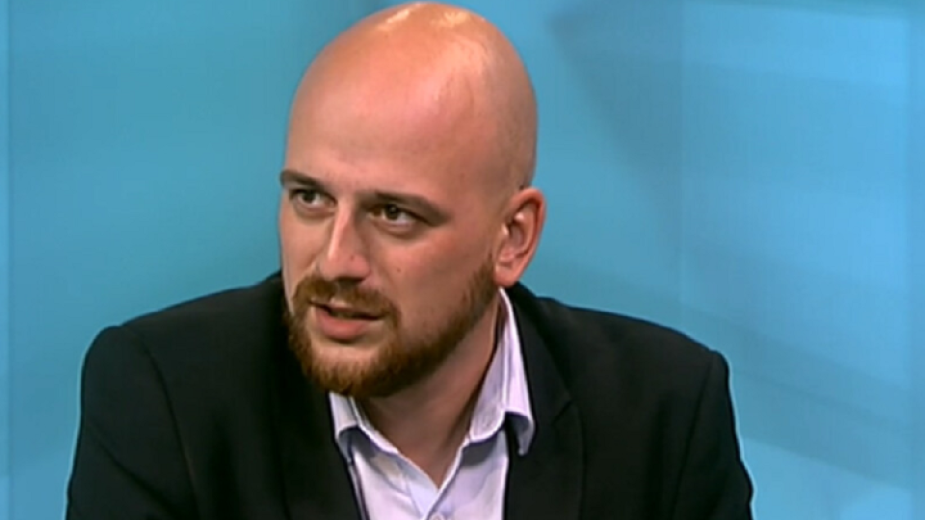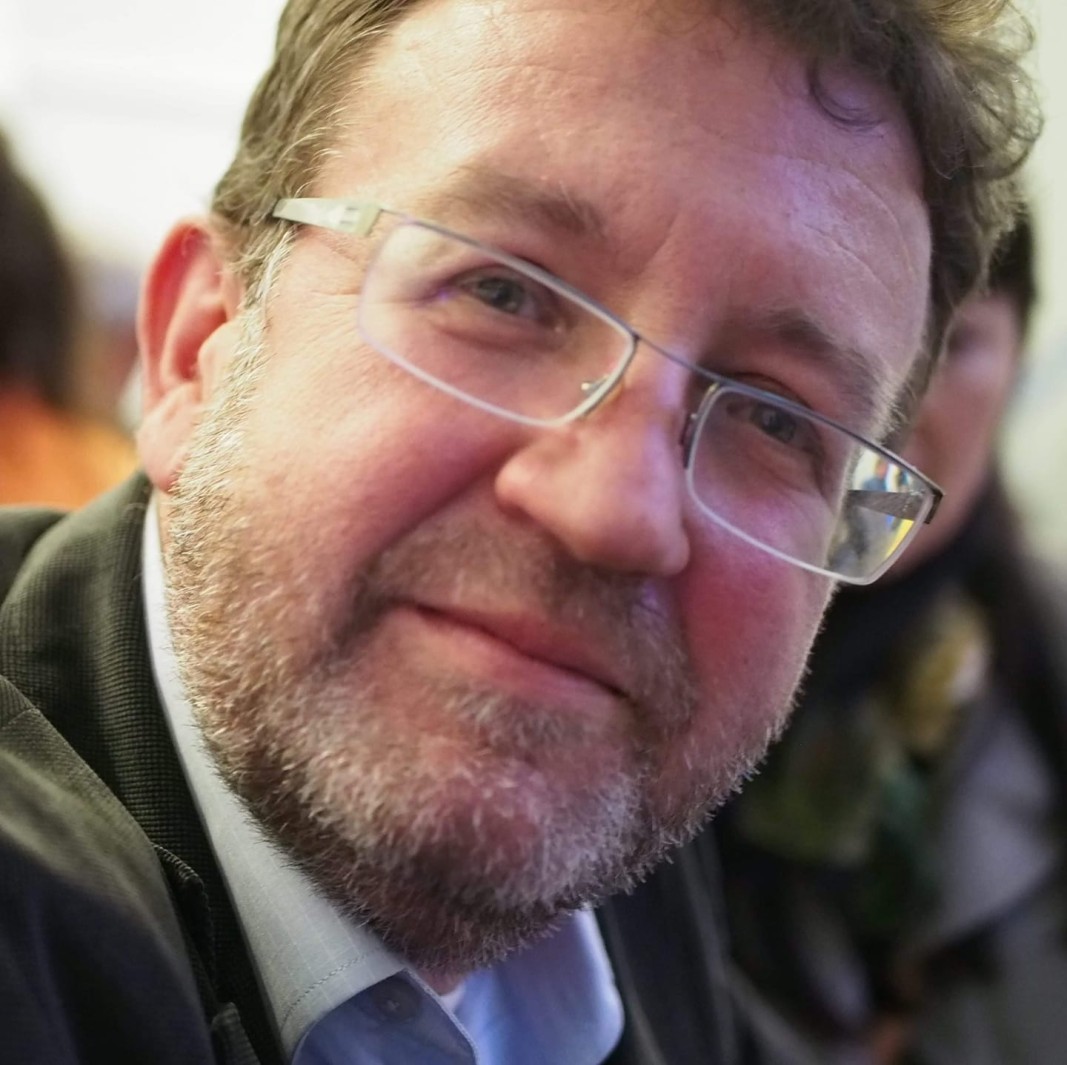Two weeks before the start of the campaign for local elections in Bulgaria a number of parties have not yet announced their candidates for mayor.
This time however, there is no indifference to the upcoming polls. The public is interested in these elections because they are mostly about community development and not so much about national politics.
"This election was long awaited. Before a government was formed, it was expected that this would be a battle between the status quo and change. Now, when we see that the tension in the ruling coalition continues, it is certain that the elections will have an impact on the national government," Svetlin Tachev, a political analyst at the Gallup news agency, said in an interview with BNR Plovdiv. The capital Sofia is one of the cities where some of the main contenders are already known and where the competition will be most tight. 
"The toughest competition will be in Sofia where the liberal coalition has the best electoral potential," the political analyst commented. – It will be interesting to see if their candidate can make a breakthrough. The confrontation, within the democratic community in the capital, is between the new liberal pro-Western-oriented PP-DB, which nominated Vassil Terziev, and on the other side - the more conservative right-wing democrats of the 1990s, who nominated Willi Lilkov. In its essence, this is a confrontation within the democratic community between communists and anti-communists. As paradoxical as this is, it is a fact. It is yet to be seen what will be the next move of GERB, who are still waiting and not announcing their candidates, because to a large extent the vote in the capital will be decided by them."
This is because the diehard electorate is particularly important for winning local elections:
"With few exceptions I do not see parties, outside GERB and MRF, that have made serious efforts in recent years to keep their local structures alive. Their main opponents in We Continue the Change (PP) have built the party on the concept of a digital party and to this day continue to neglect local structures. Now they suddenly appear with a dominant number of mayoral candidates, without actually having local structures, relying on the scarce and fragile structures of the DB and expecting Democratic Bulgaria to provide full support and carry the campaign on its shoulders," political analyst Ivo Maev said in an interview with BNR.
In his opinion, this position of the PP makes its coalition with Democratic Bulgaria very unbalanced.
"DB has been allocated cities in which it is clear that they will not win because there is a strong presence of MRF - Maev points out - DB will have the right to nominate candidates for mayor in places like Kardzhali, Razgrad, Targovishte, Silistra. They cannot win these seats because of demographic circumstances and the traditional vote for the MRF".
It is very important for the ruling parties not to be unpleasantly surprised after election night," political analyst Toncho Kraevski said in an interview with BNT.
"For the survival of the coalition and respectively the government, both GERB and PP-DB should try not to defeat each other too decisively. If GERB triumphs in most regional cities, then PP-DB will have a valid argument to leave the coalition because this would mean that they do not have the support of their own voters for the coalition policies they are pursuing. Boyko Borissov will say the same if GERB suffers a defeat.
The coalition, the Council of Ministers and the majority will remain united regardless of the results of the local elections, political analyst Slavi Vasilev is convinced:
"Whatever happens, the pull forces that unite the majority are stronger than the forces that divide them. Boyko Borissov will not dissolve the coalition before he and his party take over the government (according to the GERB - PP-DB agreement, former EU Commissioner Maria Gabriel, a member of GERB, will take over the premiership nine months after the appointment of Prime Minister Nikolai Denkov - ed.)," Vassilev said in an interview with BNRI believe that this government will last at least another 9 months until each of its partners decides that its political interest in ending the coalition is greater than staying in it."
Bulgaria contributes to the defense of Ukraine and the common security of the European Union through the weapons it produces and with the decision to participate in the SAFE financial mechanism, through which the European defense industry should be..
Serbian President Aleksandar Vucic talks of early parliamentary elections Serbian President Aleksandar Vucic said he cannot run for office again in the next election and that "it would not even occur to him" to change the constitution to do so,..
First Azeri gas shipment for Ukraine across Bulgaria and Romania Ukraine’s state-owned energy company Naftogaz signed its first agreement with the Azeri state-owned oil and gas corporation SOCAR for the import of natural gas along the Transbalkan..

+359 2 9336 661
